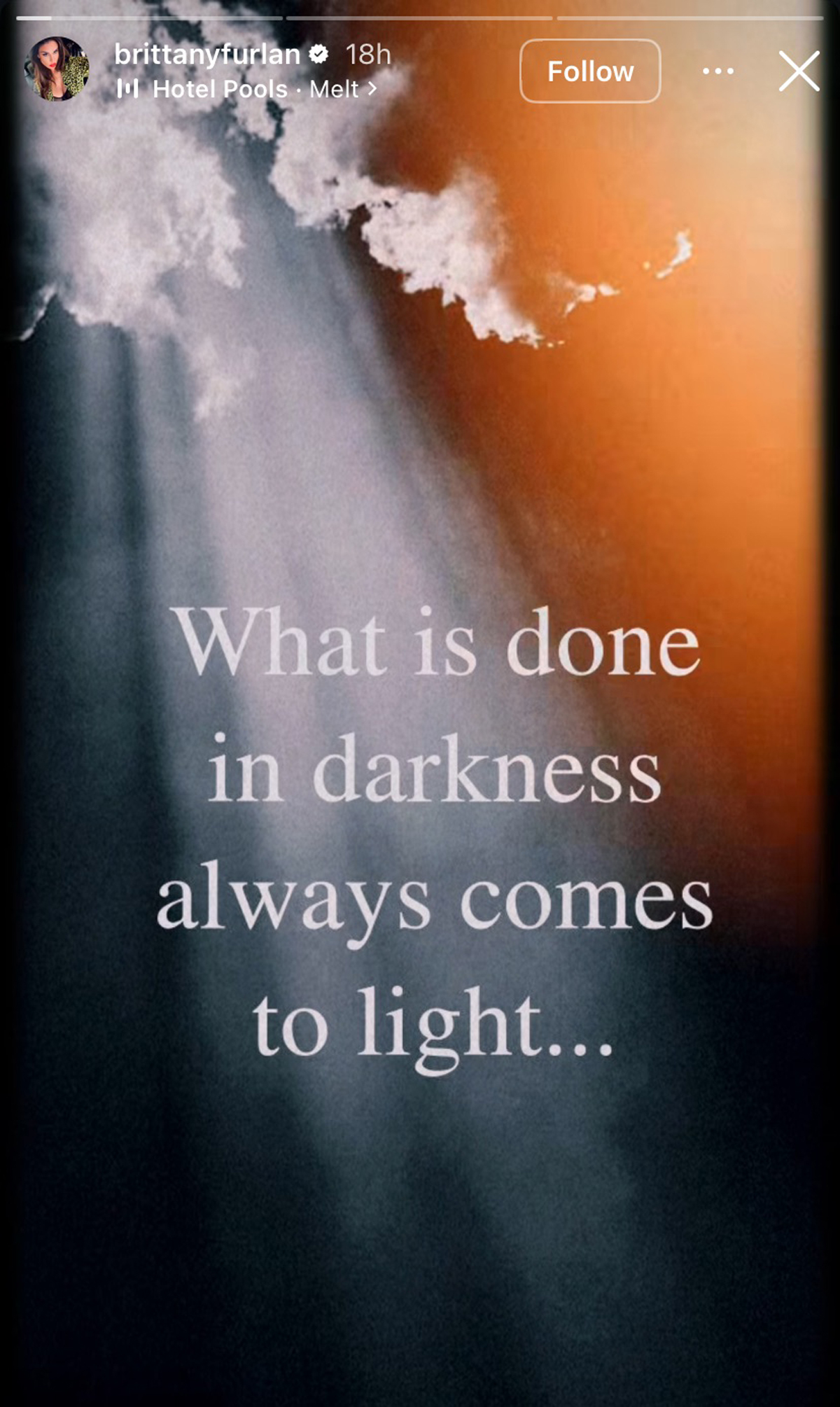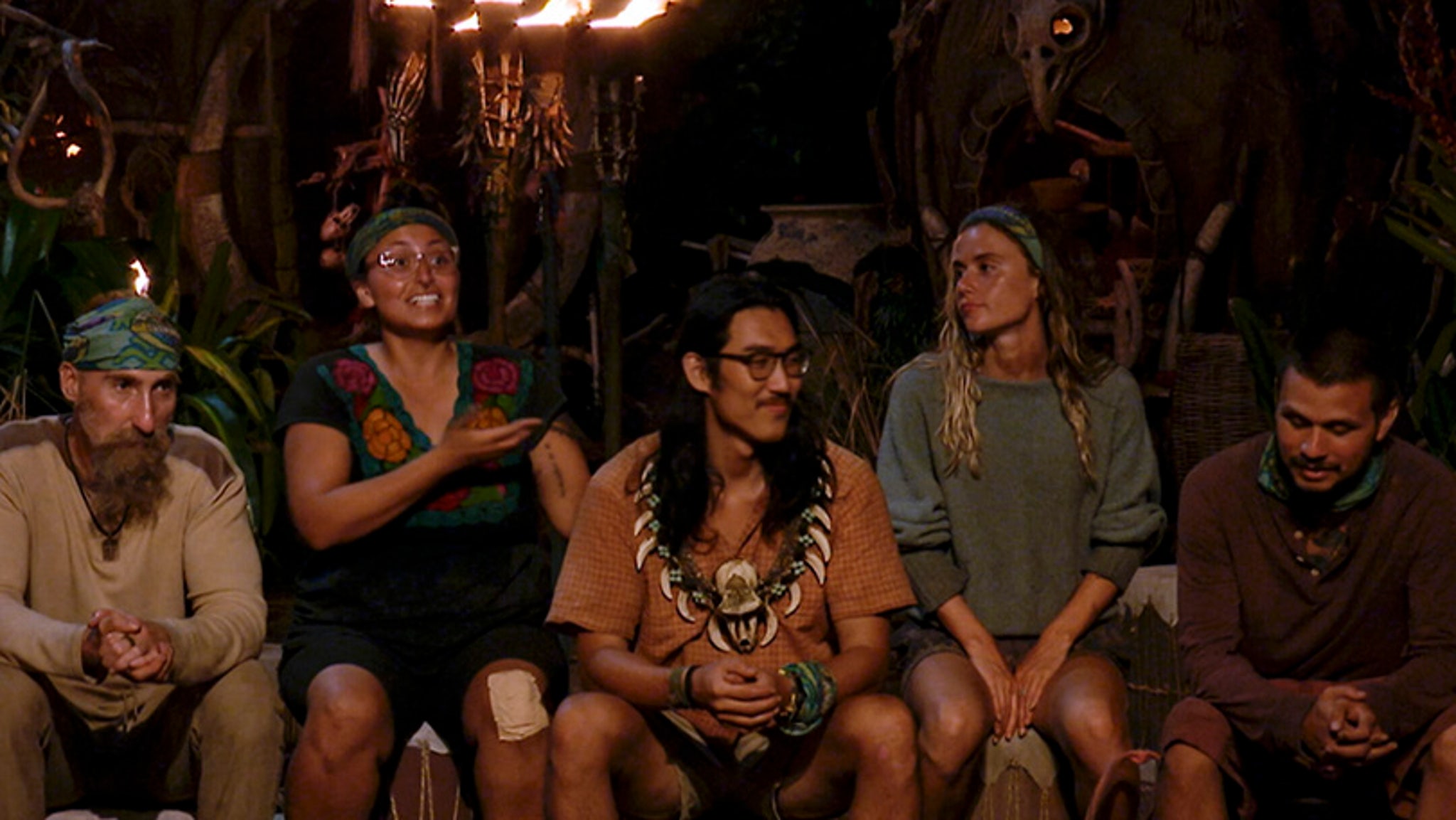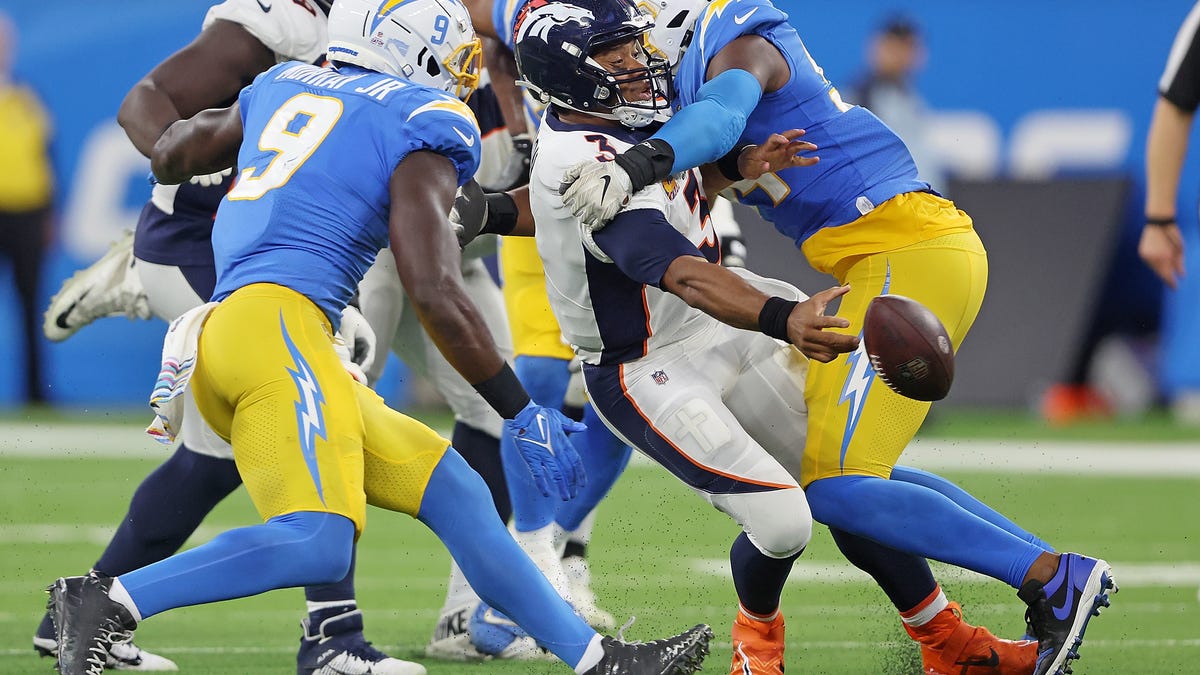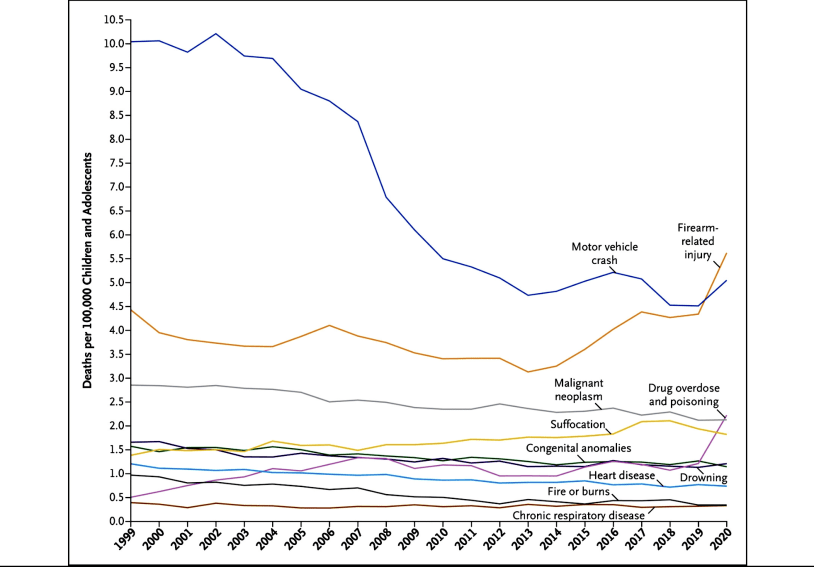A group of students and the authors of a children’s book about a penguin family with two fathers sued a Florida school district and the state’s board of education on Tuesday, saying that restricting access to the book in school libraries was unconstitutional.
The suit argues that the book was targeted on ideological grounds, as a result of new legislation that has led to a spike in book removals. The state law, known by its opponents as “Don’t Say Gay,” bars instruction on gender identity and sexual orientation. In an attempt to follow the statute, the school district, Lake County, restricted access to 40 titles, the vast majority of them books that deal with L.G.B.T.Q. issues and themes.
The lawsuit by the authors of the picture book, “And Tango Makes Three,” seeks to make it available again and to have the law found unconstitutional.
Restrictions on books have become widespread in some parts of the country, particularly in places like Florida, which have passed statewide regulations outlining what constitutes appropriate reading material for children. Books that get removed from libraries are often described as inappropriate or pornographic, but in practice, many deal with themes of race or include L.G.B.T.Q. characters, according to free speech organizations and library groups.
“Our book has been banned because Tango has two dads,” said Justin Richardson, who wrote the book with his husband, Peter Parnell.
The book is based on the true story of a pair of male penguins at the Central Park Zoo, Roy and Silo, who incubated and hatched a baby chick. Zookeepers named the chick Tango. The book’s authors — Parnell, a writer, and Richardson, a psychiatrist — wrote the story after reading about the real-life Roy and Silo in a New York Times article, which described them as two chinstrap penguins who were “completely devoted to each other.”
The picture book, aimed at 4- to 8-year-olds, has won multiple awards. It has also been banned or restricted in many districts around the United States after parents and residents objected to the book’s depiction of a family with same-sex parents.
The complaint, which was filed in the U.S. District Court for the Middle District of Florida, said the Lake County school district had “cited no legitimate pedagogical reason for its decision.” The lawsuit went on to argue that “the book is factually accurate, non-vulgar and non-obscene; ‘Tango’ had previously stood on school library shelves; and ‘Tango’ was restricted for illegitimate, narrowly partisan and political reasons.”
Sherri Owens, a spokeswoman for the Lake County school district, said that the district could not comment on pending litigation. “We removed access to ‘And Tango Makes Three’ for our kindergarten through third-grade students in alignment with Florida House Bill 1557, which at the time prohibited classroom instruction on sexual orientation or gender identity for those grade levels,” Ms. Owens said in an email.
Representatives from the state board of education did not immediately respond to a request for comment.
Richardson said the book had been routinely challenged since it was published in 2005. But as far as he knows, he said, it was never permanently restricted in a public school library until December, when Lake County limited access to the book to comply with the state law.
The legislation originally applied to students in kindergarten through third grade, but a new law extending the restrictions from prekindergarten through eighth grade passed last month. The complaint describes the law as “vague and overbroad,” and says its penalties are overly stringent: Educators who knowingly violate it could lose their teaching license.
The legislation, called the Parental Rights in Education law, was signed last year by Gov. Ron DeSantis, who described it as a tool to help parents stay aware of what their children learn in the classroom.
“Parents have every right to be informed about services offered to their child at school,” he said in a statement when he signed the bill, “and should be protected from schools using classroom instruction to sexualize their kids as young as 5 years old.”
In an interview, Richardson said that “Tango” is no less age appropriate than the classic children’s book “Make Way for Ducklings,” by Robert McCloskey, in which a female duck and a male duck look for a nice spot in Boston to raise their brood.
“Both show water birds becoming parents and caring for their young,” Richardson said. “There is no sexual implication or language in either — but only one has been banned.”
The suit was also brought on behalf of six students in Lake County, including a rising first grader who attends public school in the district and who, according to the complaint, wants to read “Tango” because of his fascination with animals.
The suit claims that students’ First Amendment right to receive information has been violated, that the authors’ reputations have been damaged by the suggestion that the book “contains sexual or age-inappropriate material that deserves to be banned” and that the authors’ free speech rights have been infringed upon.
“Whatever one believes about the value of respecting two-mom or two-dad families,” Richardson said, “there is no substance to any claim that it’s harmful or inappropriate at any age for children to learn that we exist.”
In recent years, efforts to remove books have surged across the United States. The movement has been amplified by a growing network of conservative groups seeking to remove books that are often about race, gender and sexual orientation, and by new statewide laws that in many cases make it easier to remove books from schools and libraries.
The lawsuit in Florida is the latest action from literary groups, authors and parents who are pushing back, seeking to overturn book bans through the courts and with legislation.
Illinois last week became the first state in the country to attempt to ban book banning, passing a law that directs public libraries to adopt policies that prohibit them from removing books because of “partisan or doctrinal disapproval.”
Earlier this month, a group of librarians, bookstores and publishers sued to prevent a new law aimed at libraries and booksellers from taking effect in Arkansas. The suit argued that the law, which requires any material that might be “harmful” to minors to be shelved in a separate, “adults only” area, is unconstitutional and could send booksellers and librarians to prison.
The Association of American Publishers and several big publishing companies recently filed a brief in a lawsuit in Llano, Texas, in support of a group of residents who have sued the county and library officials over book removals, which included books about L.G.B.T.Q. issues and race, among them “Caste,” by Isabel Wilkerson.
And last month in Florida, the free-speech organization PEN America and the country’s largest book publisher, Penguin Random House, sued the Escambia County school district and school board over the removal of books that were written by nonwhite and L.G.B.T.Q. authors and addressed themes of race, racism, gender and sexuality.
Florida has become an epicenter in the fight over what constitutes appropriate reading material for students. After the state passed a law that requires trained media specialists to evaluate each book in the school to ensure it is age-appropriate and free of “pornographic” content, some schools emptied or covered up their library shelves while they scrambled to vet all the titles.
In the lawsuit over “Tango,” plaintiffs aim to restore access to the book and are also seeking “a permanent injunction prohibiting the State Defendants from enforcing” the new legislation.
“It permits, and frankly encourages, viewpoint discrimination, and that’s exactly what happened in its application,” Faith E. Gay, a lawyer with Selendy Gay Elsberg, the law firm representing the plaintiffs, said of the legislation. “Nothing could be more overreaching than to sweep up a book like ‘Tango’.”
















